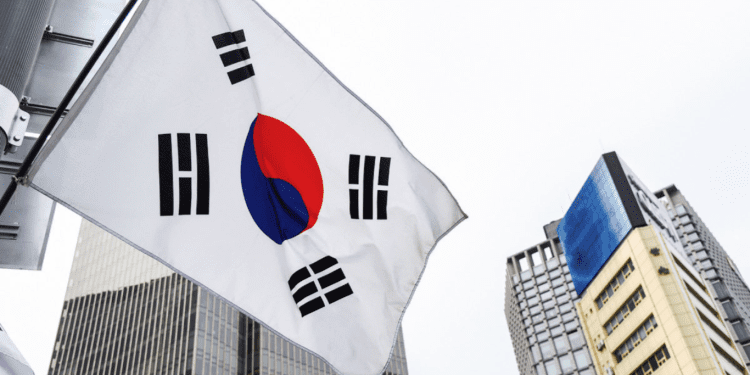- South Korea’s Financial Services Commission (FSC) has announced new asset disclosure rules for the cryptocurrency industry.
- The new bill requires firms issuing or holding cryptocurrencies to disclose their holdings to enhance transparency and align with accounting supervision guidelines.
- The revised disclosure standard will be implemented from January 1, 2024, but early application is strongly recommended.
The South Korean government continues to develop tighter regulations aimed at the crypto industry with the introduction of new assets and disclosure rules.
The Financial Services Commission (FSC) of South Korea announced a new bill on July 11, requiring all firms that issue or hold cryptocurrencies such as Bitcoin to disclose their holdings.
According to the announcement, the FSC reviewed related proposals and approved the exposure draft bill that includes mandatory crypto disclosure requirements.
The new measures aim to improve transparency in the accounting and disclosure of crypto assets in accordance with supervision guidelines that require accounting for all crypto transactions. The initiative also aims to revise accounting standards that require virtual asset transactions to be disclosed.
The FSC stated in the current draft version of South Korea’s crypto accounting supervision guidelines that the scope of crypto assets to be reported includes fungible assets based on distributed ledger technology or a “similar technology,” as well as those issued using cryptography. Security tokens, also known as digitized securities under the Capital Markets Act, are also included in the guidelines’ scope of application, according to the regulator.
While the new accounting supervision guidelines are effective immediately, the revised disclosure standard will go into effect on January 1, 2024. “Early application is possible and strongly recommended,” according to the FSC.
The announcement comes right after local industry media reported that the FSC had required internal employees to report their cryptocurrency holdings as defined by the Specific Financial Information Act. Employees currently performing crypto-related duties and those who have performed such duties in the last six months are said to be affected.
While the most recent crypto disclosure rules are relatively new, South Korea has already mandated that government officials declare their crypto holdings.
The National Assembly of South Korea unanimously passed a bill requiring lawmakers and high-ranking public officials to report on their crypto assets. The initiative, known colloquially as the “Kim Nam-guk Prevention Law,” arose in response to a scandal in which some public officials were accused of manipulating the market and moving large amounts of cryptocurrency.














